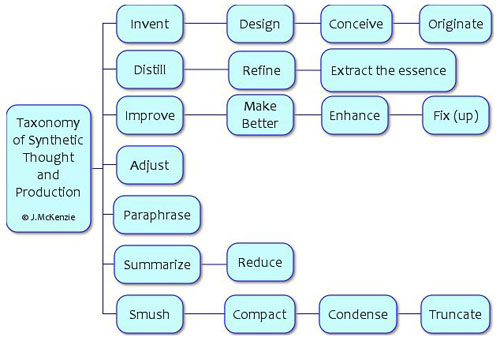The Cosmopolitan Hotel Hong Kong Queen's Road East, Wan Chai Hong Kong — Tel: +852 3552 1111 |
||||||||||||||||
Jamie completed his doctoral dissertation on gifted education while at Rutgers and spent years developing effective gifted programs while a school leader in school districts like Princeton, New Jersey. He now works with schools and teachers around the world from Shanghai, Perth and Manila to Toronto, Chicago and Amarillo to lift the level of challenge asked of students, making sure that rigor is balanced with appropriate levels of scaffolding. |
||||||||||||||||
|
You can register and pay on line for this conference at
http://fno.org/fnopress/books.html |
|
|
|
Schedule of Events |
| Thursday, 10 November, 2011 Gifted Thinking — Thinking Gifted Reaching for the Sky! |
|
8:45 AM - Registration 9:00 AM - 12:30 PM (with a mid morning break) What are the prime characteristics or traits of gifted performance, and how can teachers team with parents to nurture and grow these behaviors and attitudes? What is meant by virtuosity and how can schools develop that level of prowess? 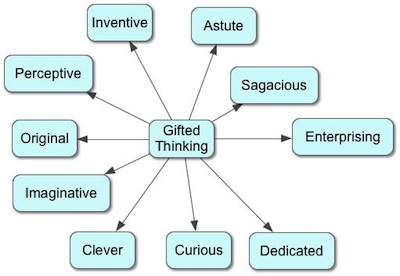 The thesaurus lists skillfulness, mastery, expertise, prowess, proficiency, ability, aptitude; excellence, brilliance, talent, genius, artistry, flair, panache, finesse, wizardry; informal know-how, and chops as related words. The thesaurus lists skillfulness, mastery, expertise, prowess, proficiency, ability, aptitude; excellence, brilliance, talent, genius, artistry, flair, panache, finesse, wizardry; informal know-how, and chops as related words.
Synthesis and Puzzling Research should take students beyond the mere gathering of information to the construction of new understandings. They will need a firm grounding in synthesis skills in order to combine the information in ways that may resolve puzzles and mysteries. 12:30 PM - 1:30 PM Lunch 1:30 AM - 3:00 PM What do we mean by original thinking and production? How can we communicate the importance of original thought to students while equipping them with the synthesis skills required to support invention?Jamie explains how his new Taxonomy can help teachers and their students determine the degree to which a particular production is original or is merely a knock-off, imitation or copy. For those placing a high priority on originality this is a Taxonomy that will inspire and guide student work in powerful ways.
Creating New Ideas and Possibilities through Lateral Thinking
and Wandering Purposefully Little attention is devoted in most schools to what Edward DeBono has called "lateral thinking" - the exploration of unusual possibilities, yet it is precisely this kind of thinking that fuels innovation and invention. In this session, Jamie provides a rationale for developing this kind of thinking and shares strategies that teachers may employ to nurture both the attitudes and skills required so they are capable of "thinking outside the box."
|
| Friday, 11 November, 2011 Gifted Thinking — Thinking Gifted Involving Students in Extended, Deep, Authentic Inquiry |
|
8:45 AM - Registration 9:00 AM - 12:30 PM (with a mid morning break) Laying the Groundwork Interpreting Findings and Cycling Organizing Whole Units for Inquiry 12:30 PM - 1:30 PM Lunch 1:30 AM - 3:00 PM Modeling Techniques, Skills and Attitudes Communicating, Reporting, Persuading and Sharing Powerfully Assessing Student Growth and Performance |
CostsEach Day Alone - $ 175.00 USD Both Days - $ 325.00 USD The price covers the workshop as well as a morning tea/coffee and a fabulous lunch. Additional discount for schools sending 5+ staff members. Email Jamie at for details.
|

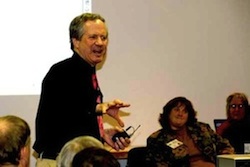

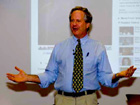
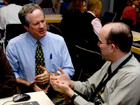

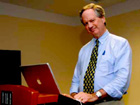

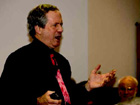
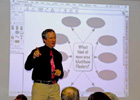
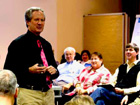
 We expect students to weigh the thinking of experts and elders but then come up with their own positions, decisions and suggestions.
We expect students to weigh the thinking of experts and elders but then come up with their own positions, decisions and suggestions.